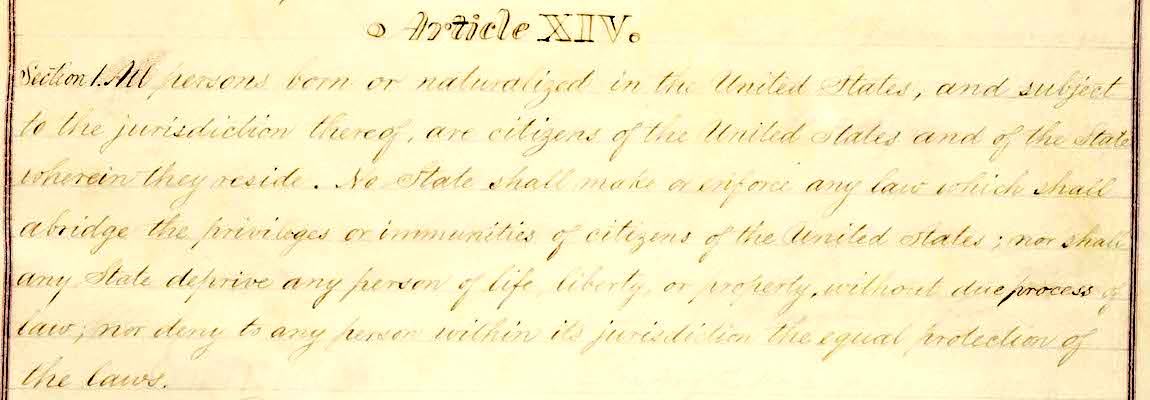In this Arsenal For Democracy mini-series, we propose new, progressive Constitutional rights. Part II: A right to food access, by De Ana.
In the United States, food – and access to it – is a highly political subject. Dietary fads of more affluent citizens can greatly affect the access poorer citizens have to staples. Food deserts can cause financial or other burdens, as well. The largest Federal program to help address some of these challenges for the neediest citizens, the Supplemental Nutrition Assistance Program (SNAP), has struggled to keep pace with various developments.
There needs to be an overhaul on how Americans access food. It is a universal human right that every person should be guaranteed the right to obtain nutritious food, regardless of means or geographic location. How do we secure this right?
Combating food deserts
Food deserts – concentrated areas without nutritious fresh foods widely and affordably available – are becoming more and more common in poorer areas. People who are stuck in these deserts are forced to buy mostly processed foods that contain preservatives that can be bad for your health. Access to fresh fruits and vegetables comes at a price in a food desert. The tradeoff is either the cost of traveling to a grocery store outside of their neighborhood or the cost of paying hiked-up prices for fruits and vegetables at non-grocery stores, such as corner stores or bodegas. Things like grocery stores, Farmer’s Markets, and neighborhood gardens need to be brought back to these neighborhoods to cut down on that cost.
Helping to pay the grocery bill
But what good is having access to food if you can’t afford it. The SNAP program, formerly known as food stamps, is supposed to be a supplemental program that helps needy people pay for groceries. Eligibility for the program, however, is based on the Federal Poverty Limit. This hasn’t been revamped in over 50 years. Worse, in its inception, it was only really a loose guideline for what should be considered the poverty line in the United States. Back when the FPL was officially introduced, many households only had one source of income, and it was assumed that each household would have two parents. Nowadays you’re more likely than a half century ago to have either single-parent households or two parent households where both adults are working. In either case, there are now added expenses for things like childcare which an outdated FPL does not reflect.
In some states, there are even limitations to what kind of food people can buy with SNAP benefits. Some states don’t allow those receiving SNAP to buy hot meals. Other states are considering banning people from getting things like seafood or even hot pre-made foods with their benefits. This creates a problem, because many people receiving SNAP benefits are homeless and don’t have a place to cook or store meals that aren’t already prepared.
Managing food trends
Banning certain types of food because of the belief that those foods are “too good” for SNAP recipients is also unethical – and not just because denying people the right to buy food is cruel itself. Due to “food gentrification” and food trends, foods that were once inexpensive can become suddenly very expensive. Seafood like lobster, for example, was once a cheap maritime staple food for the poor, but it transitioned into being a luxury food. More recently, if you look at how the rise of quinoa in the United States has caused it to become increasingly less affordable in places where it’s a staple food like Bolivia, you can see how food gentrification and SNAP limits on “luxury” foods can cause folks to suddenly lose affordable access to core components of their diets.
The right of the people
To fix all of this, the United States and state governments must constitutionally guarantee the people the right to food regardless of means or location. It might read:
“Every person has the right to access nutritious and sufficient food regardless of his or her means or geographic location. The legislature [or Congress] shall make such laws as are necessary to secure this right to all residents.”
To secure that right, governments should enact various measures to:
– Bring Farmer’s Markets and grocery stores back to food deserts
– Expand both who qualifies and what can be received on SNAP benefits.
In a country like the United States, which touts itself as being “well-developed” and “first world,” food should not be a luxury that only a few can afford, but a right for all of us.





